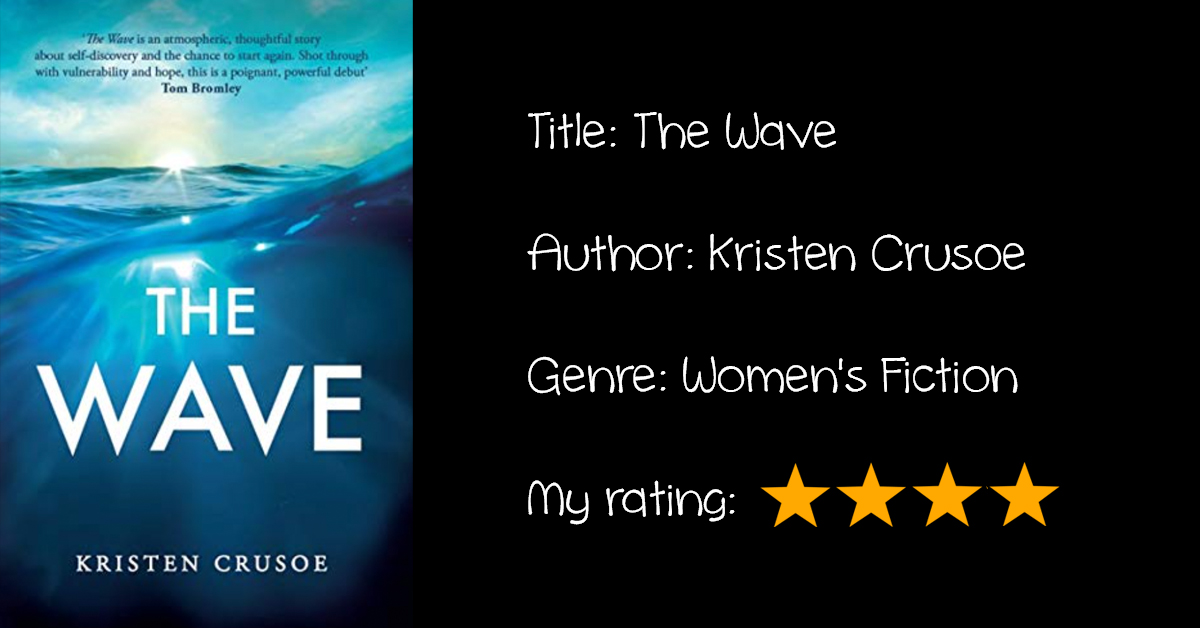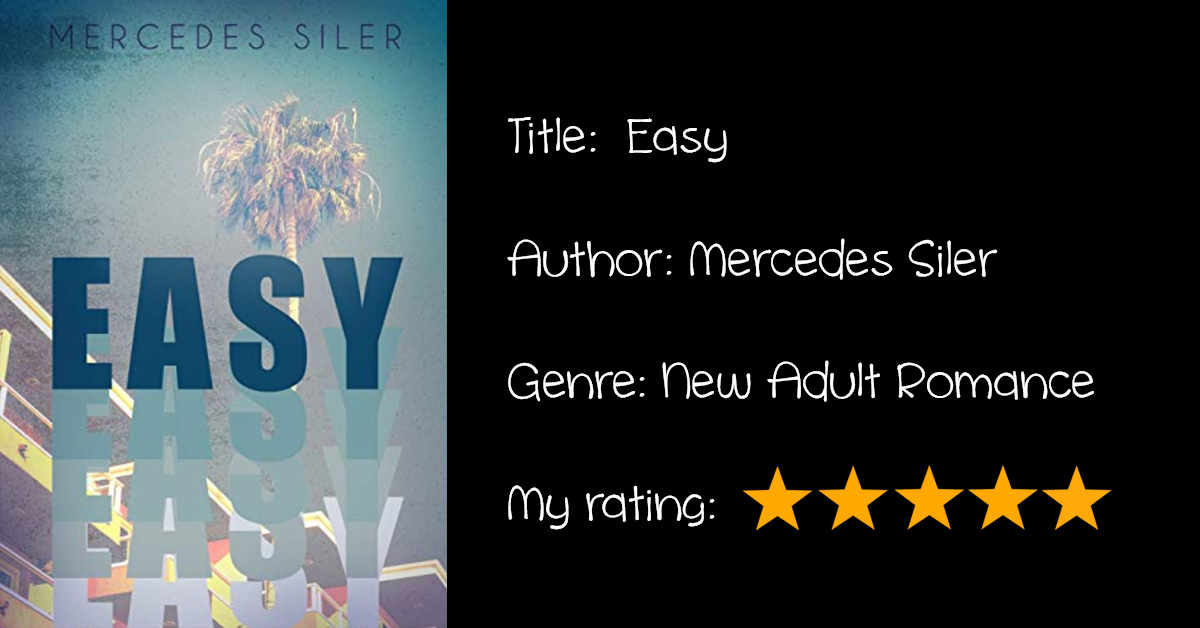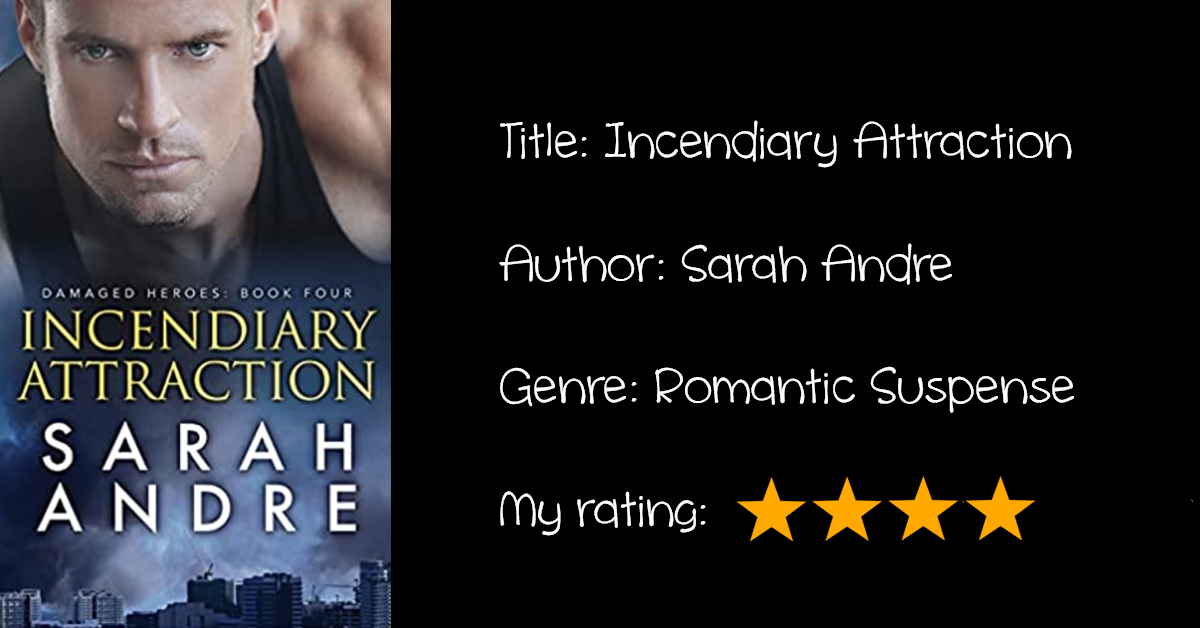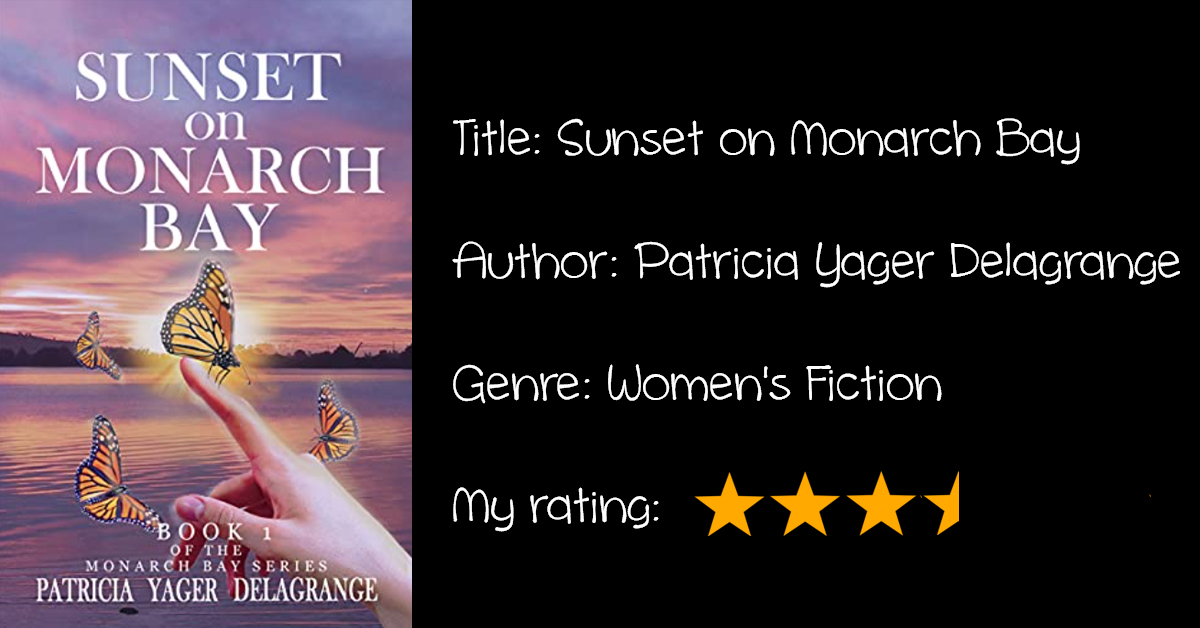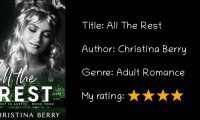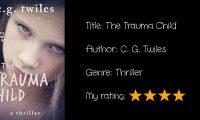Review: “The Wave”
A powerful and heart-wrenching tale of motherhood, grief, illness, self-discovery and redemption
This was my sixteenth book I chose via the Reedsy Discovery program, for which I am the single approved reviewer for this new book. I chose it because the synopsis and preview drew me in. This review also appears on Reedsy.
The Premise
After losing her son in a freak accident when a wave pulls him out to sea, Clair tries to murder her husband and then to commit suicide. Both her attempts are futile, and Clair winds up in her psychiatric unit, while her husband Adam soon recovers and is willing to forgive her and attempt reconciliation. But a rift has grown between the two of them that seems insurmountable, as she blames him for his apparent infidelity and emotional distancing from their autistic son, as well as his untimely death while they were both distracted. Upon receiving a bad health diagnosis, she flees, with Adam soon in pursuit. Can she find her way, and will their journey lead them back to each other?
The Pros & Cons
This was a powerful and heart-wrenching tale of motherhood, grief, illness, self-discovery and redemption.
We meet Clair at the lowest point of her life, after she has taken drastic measures as a result of her unbearable grief.
It was gripping to see Adam move so quickly past his confusion and anger at what she had tried to do to him, and into forgiveness and acceptance. I was in awe at his devotion to her, despite her fragile state and his characterisation as a womanizer who did not even seem to like her much when he first found himself “trapped” into marriage by social expectations.
I loved the symbolism of the wave, and of the overriding ebbs and flows of their relationship:
[…] Looking back, if he had been paying attention, perhaps there had been clues, not to the ocean’s madness, but to their own, his and Clair’s, and their slipping away from what mattered, towards mutually ensured destruction.
Motherhood transformed Clair from a mathematically-focused, formula-driven, rule-follower woman to open her heart enormously and accept the vagaries of emotion to love and accept her son, particularly as she had to adapt to his special needs. Then, his loss plunged her into a realm of unbearable despair. This was followed by her diagnosis, which made her lose her sense of self. Clair finds solace and healing through group therapy:
She knew about their hopes, and fears, their anger, heartbreaks and self-doubts. Their pain, physical and emotional, was her pain. […] Their stories changed each week as their self-identities reconfigured. Bits and pieces of biographies morphed into brighter, more capable, happier selves.
Though the focus is primarily on Clair and her journey to self-discovery, we also see Adam’s point of view as he pursues her, trying to catch the ephemera of her essence before she slips out of his grasp forever.
The story was powerful, and sweeps you away with its evocative descriptions, though at times I did wish for a wee bit more restraint of this in order to propel the plot forward a little faster. I was eager to see what would happen, as the suspense mounts in the “chase” of self and partner.
The writing is emotional and poetic, and there are breathtaking, profound moments that stay with you long after you close the novel, such as:
What is known is that for each of us, we find our breaking point. Turbulence precedes transformation. The moment we crash onto shore or up against a rock. But the wave doesn’t cease to exist, it returns to water. And so we continue on as well.
Conclusion
Overall, this was a thought-provoking novel that is unsettling and at the same time brings peace. The author captures feelings and scenery beautifully, and the plot takes you on an emotional rollercoaster from trauma to triumph. The symbolism is interwoven throughout, and winds itself around tragedy, leading to an eventual healing and reconciliation.
The relationship at its centre is brilliantly portrayed, showing flawed characters on both sides that must find a way to meet in the middle despite their grief. There is also a mystical element that is reminiscent of Greek mythology, and the writer’s style leads you through the darkness into the light, bringing life to the story. If you enjoy Jodi Picoult’s writing style, this will also resonate with you. I highly recommend to anyone, but adult female readers may appreciate it the most.
